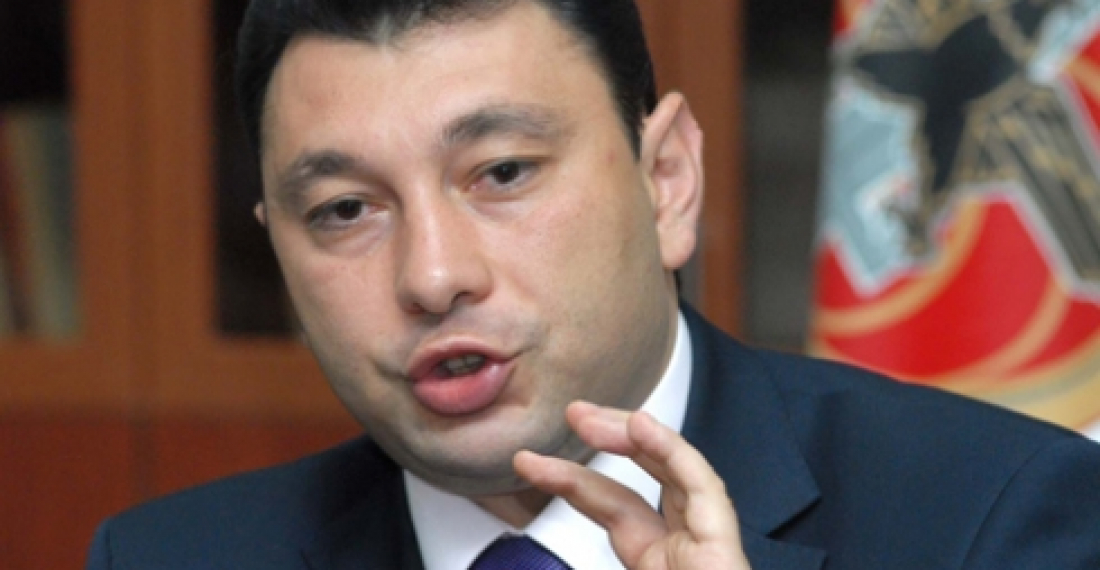Commenting about remarks made by the Turkish Foreign minister in a meeting with representatives of five Armenian NGOs in Ankara last week the Secretary of the Parliamentary faction of the ruling Republican Party in Armenia Edward Sharmazanov said that "Nations, not states have diaspora"
“What cynicism one must have to make claims to a Diaspora, which was formed as a result of genocide and forced displacement,” Sharmazanov stressed.
In his meeting with the Armenian NGOs Davitoglu had described Armenians as Turkey's diaspora. Sahramazanov critical comments were in contrast with the reaction of several of the NGO representatives who attended the Ankara meeting who welcomed Davitoglu's willingness to open dialogue with Armenian civil society.
report prepared by commonspace.eu newsroom with reports from Mediamax and news.am
photo: courtesy of Mediamax







